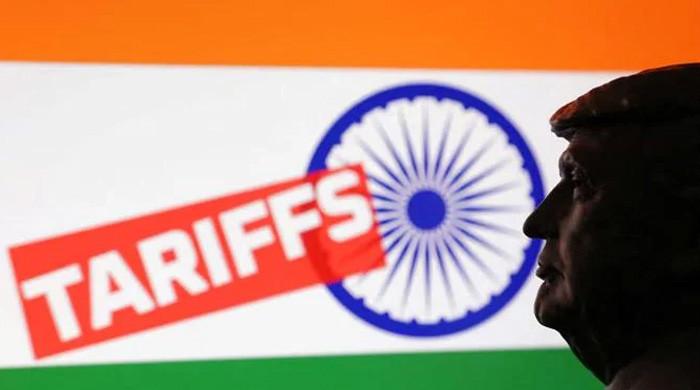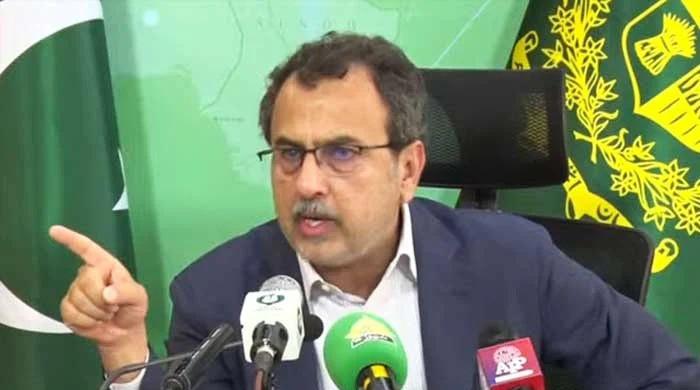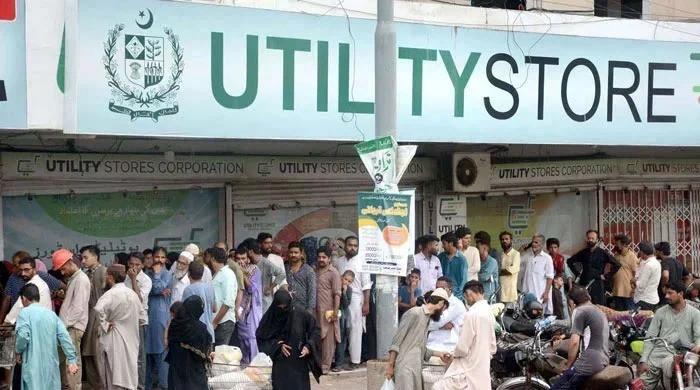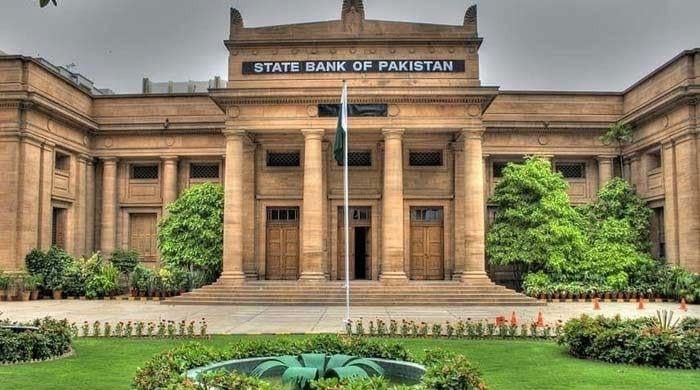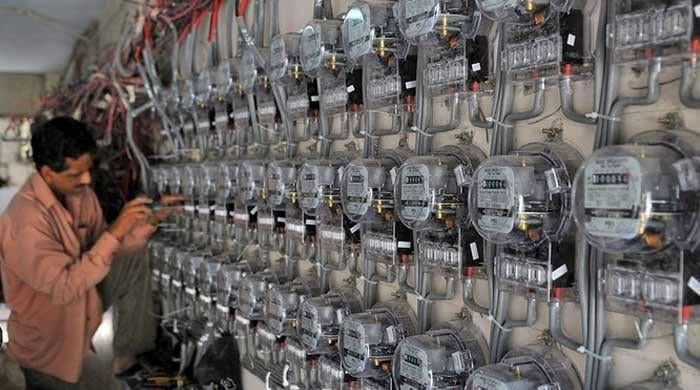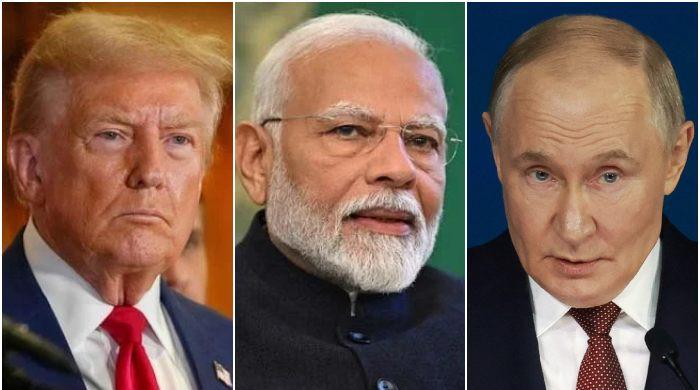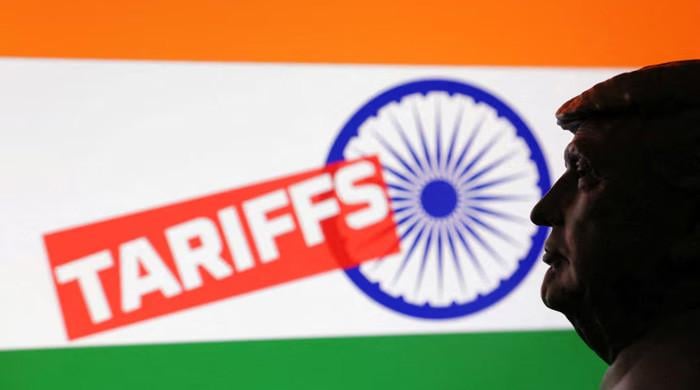UN predicts 2% GDP growth, 26% inflation for Pakistan in ongoing fiscal year
Country's current tax gap can soar to 12% against FBR's existing tax-to-GDP ratio of 9%, UNESCAP forecasts
April 06, 2024

- Country's tax-to-GDP ratio might exceed 12%, UNESCAP warns.
- Forum stresses effects of political unrest, floods on economy.
- Expects inflation to fall to 12.2%, GDP growth to reach 2.3% in FY25.
ISLAMABAD: Amid the prevailing economic crises faced by Pakistan, the United Nations Economic and Social Survey of Asia and Pacific (UNESCAP) 2024 predicted that the country's growth domestic product (GDP) growth will remain 2% along with 26% inflation in the ongoing fiscal year, The News reported on Saturday.
As per the UN report, the GDP growth is expected to increase up to 2.3%, whereas, the inflation is projected to be around 12.2% in FY25.
On the issue of the country's tax gap, the forum highlighted that it currently stands at around 3% of the GDP with the possibility to soar to over 12% against the existing Federal Bureau of Revenue's (FBR) tax-to-GDP ratio, in light of the Rs9415 billion tax collection target for current fiscal year, which stands at around 9% of the GDP.
UNESCAP states that despite their low tax levels, tax gaps in countries such as Pakistan, Bangladesh and Sri Lanka are moderate, such gaps are not necessarily small if measured as a share of current tax revenues rather than as a share of GDP.
This means that the enhancement of tax revenue on a larger scale coupled with improvement in socioeconomic development and public governance is needed as merely introducing better tax policies and administration alone may not help bridge the vast development financing gaps in low-tax countries.
Elaborating on the economic hits suffered by Islamabad, the UN forum underscored the adverse effects of political unrest on businesses with the situation further exacerbated by floods that disrupted agricultural production.
Countries such as Pakistan and Sri Lanka have sought external assistance from the International Monetary Fund (IMF), with Islamabad securing a deal with the Washington-based lender in mid-2023 which would help with further assistance from bilateral partners such as China, Saudi Arabia and the United Arab Emirates.
Meanwhile, Sri Lanka, which is also under an IMF programme, witnessed some macroeconomic stability despite a shrinking of its economy by 2.3% in 2023 after a 7.4% contraction in 2022.
Both Islamabad and Colombo are undergoing fiscal adjustments to restore fiscal sustainability via various measures with the removal of subsidies for the power sector in Pakistan and domestic debt restructuring in Sri Lanka.




